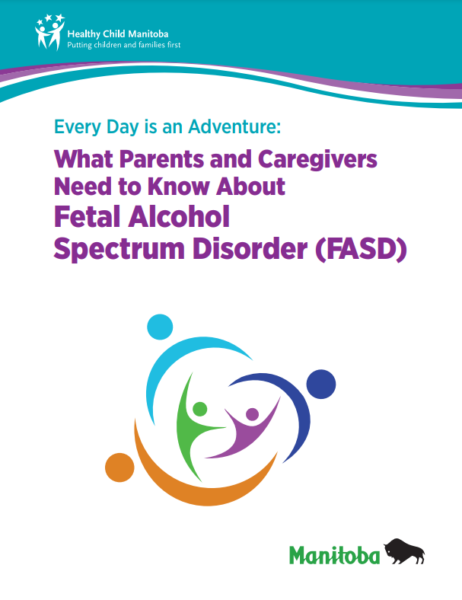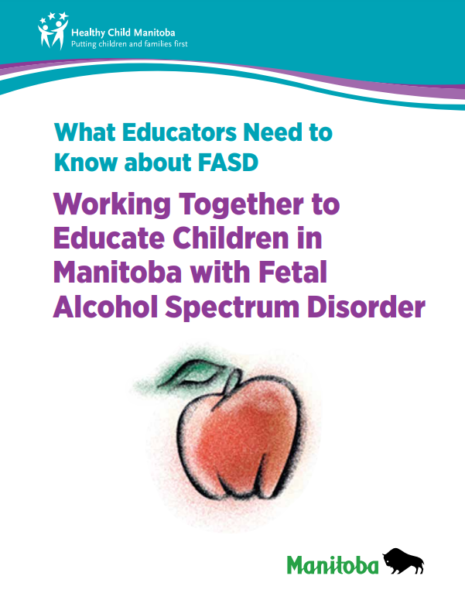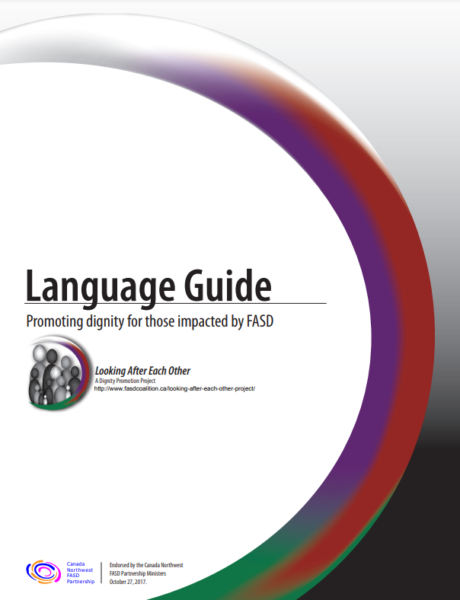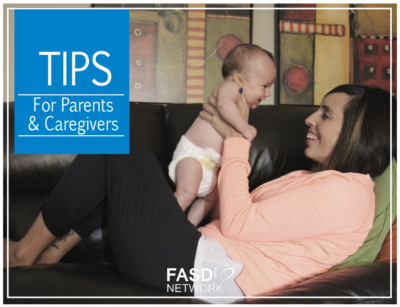CAREGIVER & EDUCATOR RESOURCES
Manitoba FASD Family Network

The Manitoba FASD Family Network is coordinated by the Rehabilitation Centre for Children and the Manitoba FASD Centre. The Family Network offers community, opportunity, and support for families with FASD by providing Education, Support Groups, Recreation for children, youth, and families, and opportunities for families to participate in Community Events.
Become a Member! With your free membership, you will receive by email:
• FASD Family Network newsletters
• Notice of events, education, and workshops
• Invitations to support groups and recreation opportunities.
Sign up online at the RCC website at https://rccinc.ca/newsletter/
Building Circles of Support

The Manitoba FASD Network’s Building Circles of Support is an educational series on Fetal Alcohol Spectrum Disorder (FASD).
The information series is for parents, caregivers, other family members and professionals who support children and youth 17 years old and younger recently seen or diagnosed at the Manitoba FASD Centre.
The information series runs twice per year: Once in the fall in person at SSCY, and once in the spring virtually via Microsoft Teams.
Topics often include, but are not limited to:
- What does it mean that my child has FASD?
- How will FASD affect their behaviour, school performance and social interactions?
- How can I help others understand my child’s disability?
- How can I help my child understand his/her disability?
- How can I help my child develop his/her strengths?
Please note that we will be discussing a different topic each week. We encourage you to commit to attend for the entire 7 weeks. Please note there will be a maximum of 50 participants registered for this series.
Upcoming dates will be posted on our News and Events Page once they have been confirmed, so check back!
What Parents and Caregivers Need To Know About FASD
What Educators Need To Know About FASD
Language Guide
Tips for Caregivers
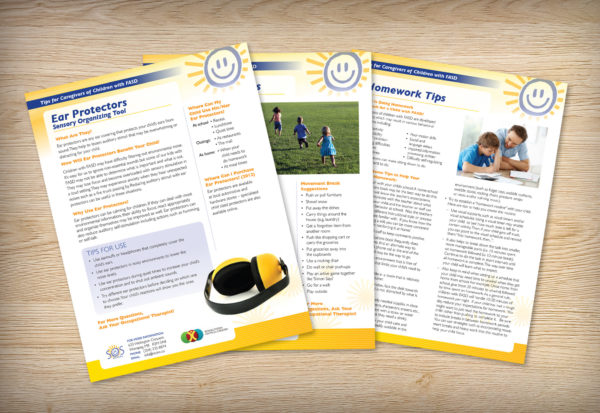
Like all of us, every person or child with FASD is unique. Each has their own individual strengths and challenges. They have brains that work a little differently, and sometimes special approaches to caregiving are required to help them become their best selves.
Our Caregiver Tip Sheets covers sensory organizing tools, and tips for routines, structure, and shaping positive behaviour. Click on the links below for information on:
